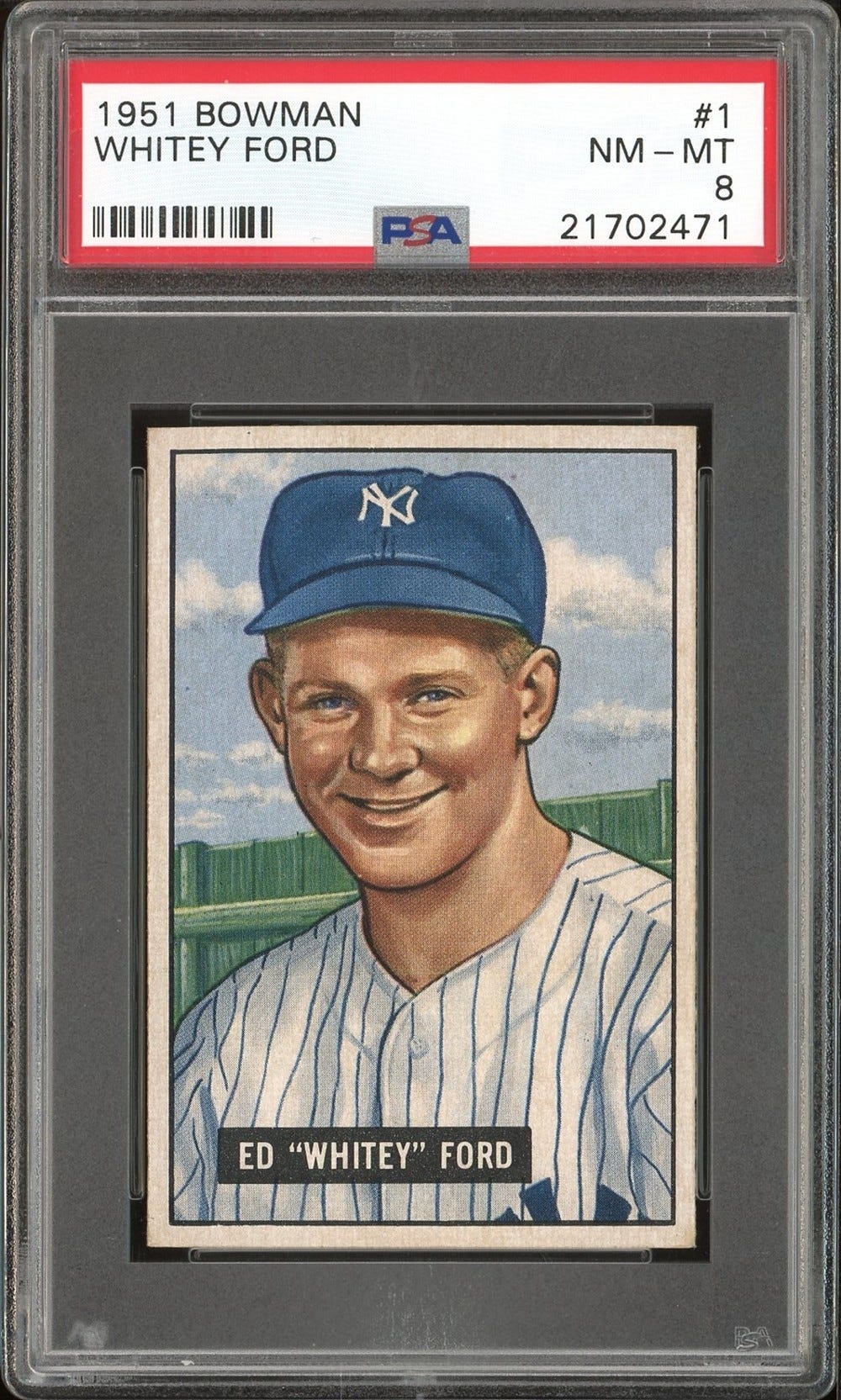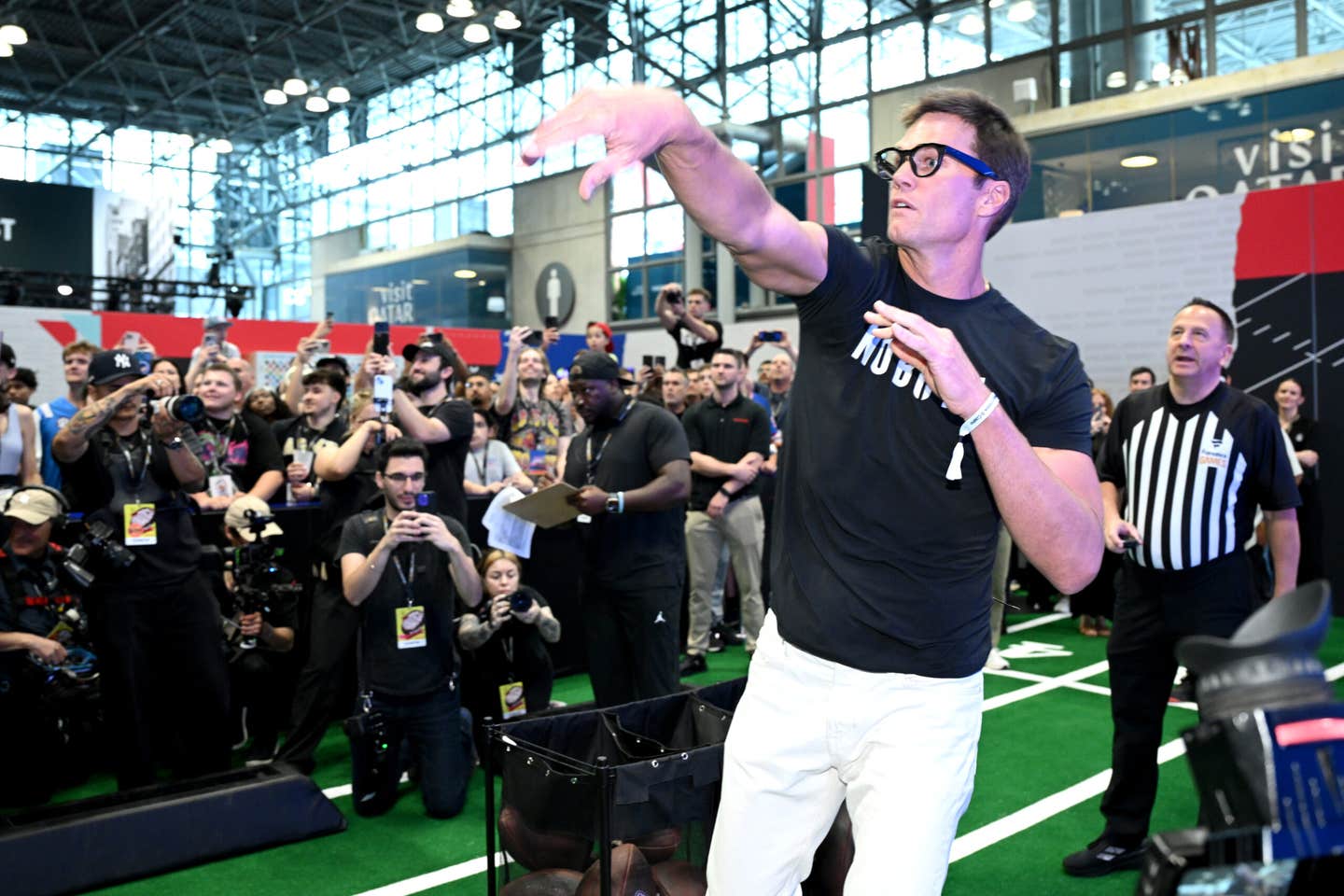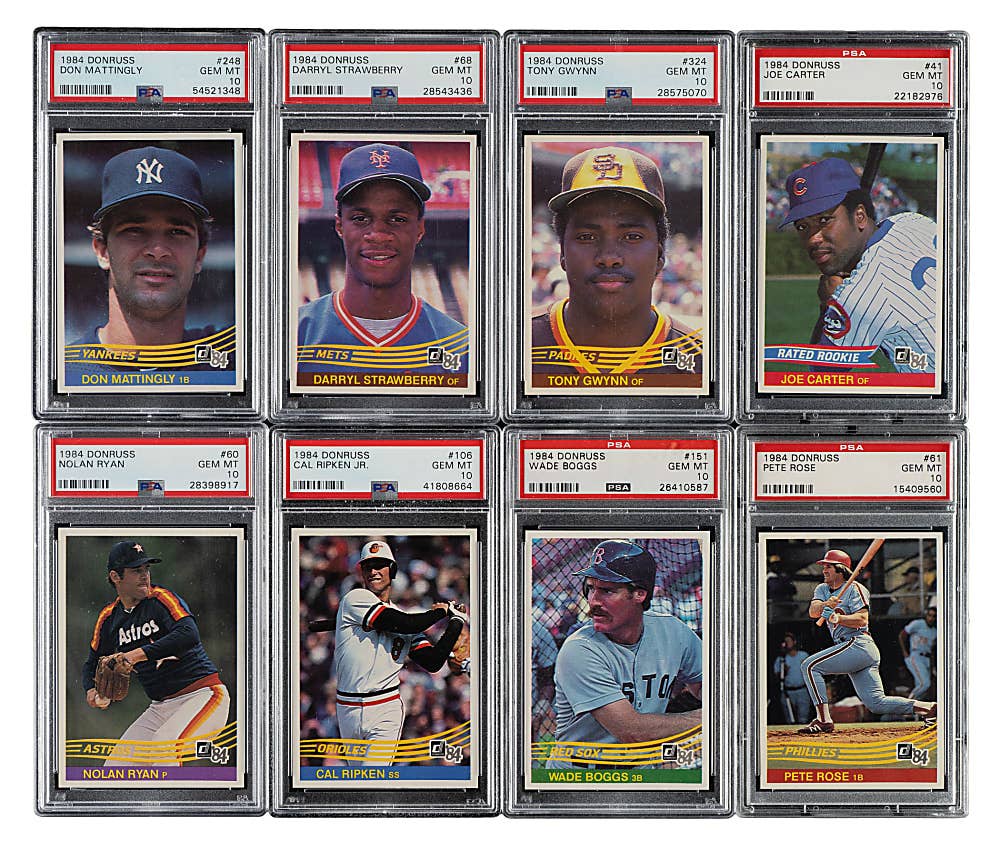News
Steroid cloud looms over coming HOF votes
The Hall of Fame has some fascinating controversies on the horizon directly related to the steroid questions that have hounded MLB now and figure to for years to come, despite what will certainly be strenuous efforts to get it all put behind them.
Mark McGwire’s rather pronounced punishment of two years of paltry vote totals is going to have to be re-examined in coming years as it becomes more and more evident that the use of “performance enhancing” substances – legal or not at the time of use – was probably so widespread for the better part of a decade that the public’s initial outrage is going to have to be tempered a bit.
Think about it. Let’s say in five years we’ve learned that the use of steroids or HGH or virtually anything else they could get their hands on was essentially endemic in Major League Baseball until public relations pressures (and the lunkheads in Congress) forced all concerned to suddenly look – and act – concerned.
If, as it seems likely, the number of players involved was so enormous that singling out any individuals for condemnation (i.e. Barry Bonds, Roger Clemens, Mark McGwire) would be preposterously unfair, then the current climate of outrage will have to be rethought.
Of the three players mentioned in the previous paragraph, I am convinced that Bonds and Clemens will both ultimately be admitted to the Hall of Fame. Bonds is so thoroughly despised by so many in the fourth estate that his election could very well take several years, but eventually he’ll have to be voted in. Though it frosts my grommet to say it, he was the best player of his generation.
Many of the same arguments apply to Clemens, regardless of what takes place in the coming months. If his indignation of recent weeks represents the genuine emotion of an honorable man who has had his reputation sullied, then I would even applaud some kind of vindication, however unlikely. He is left having to prove a negative, to prove that he didn’t do something, a Herculean challenge that seems as impossible as the broader challenge of trying to restore a good name and reputation after they have come under disrepute.
Ultimately, one suspects that such individuals are left needing to content themselves with some Zen-like realization that their self-knowledge of their professed innocence (and the support of family and genuine friends) will have to suffice. I am a little rusty with my Buddhism, but that’s my best advice to Roger and the Bare Man.
For McGwire, I am all at once supportive and pessimistic. I am supportive because his transgression as currently outlined is seemingly even less significant than many others. He suffers essentially from poor timing, having had his initial Hall-of-Fame eligibility kind of neatly coincide with the unfolding of this “scandal.”
Until his admittedly ill-advised appearance in front of that congressional committee three years ago, McGwire had a largely solid reputation, though his inaccessability in our hobby for autograph purposes certainly hurt a bit. But even that always seemed like little more than a bit of personal eccentricity that the public was more than happy to make allowances for, at least until his tortured testimony.
What I wonder about more is what the long-term impact will be on his Hall-of-Fame prospects? Both Bonds and Clemens were first-ballot Hall of Famers even before the dawning of the steroid era, but McGwire was a different case. He socked 300 home runs in his final six seasons, and averaged 61 homers per year from 1996-99.
Plus, it almost seems like people got madder at McGwire than at Bonds, for example, seemingly because they were more disappointed by McGwire’s inclusion in the steroid debacle. I am not as certain that he will eventually be inducted as I am about Bonds and Clemens.
As for others, including some “magic number” guys, it’s going to be even more interesting. Rafael Palmiero, a member in good standing of both prestiguous clubs – 500 homers and 3,000 hits – is likely to be subjected to a McGwire-like penalty for his Clintonian denial of steroid use and later failed drug test. Like McGwire, it’s even possible that he may never get in, or at least not by the baseball writer’s hand, which encompasses two decades (five-year waiting period; 15 years on the ballot).
Ultimately though, I don’t think players from that “tainted” era gave hardly a second thought to using some substance that might make a difference between being put on waivers or an $8-million contract. I don’t think they even thought of it as cheating.
I guess it will take the passage of time to get the final word on how fans feel about it. I would be amazed if it looks as disgraceful 10 years from now as it does today. In the meantime, it’s going to make for a lively and often overheated Hall-of-Fame debate.








